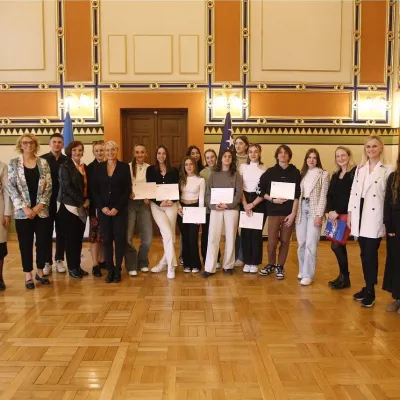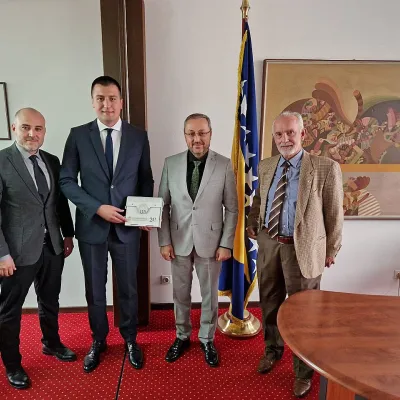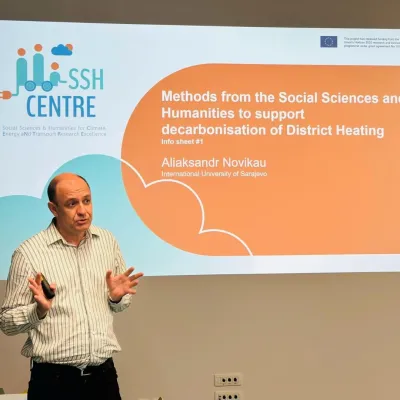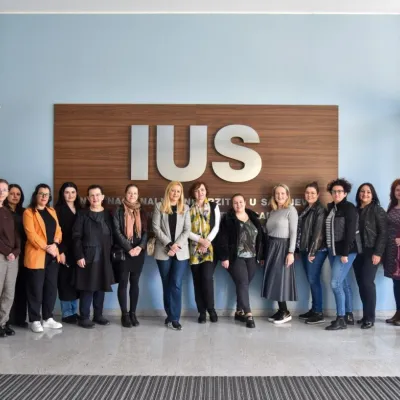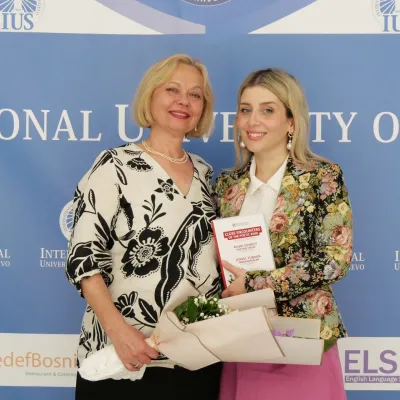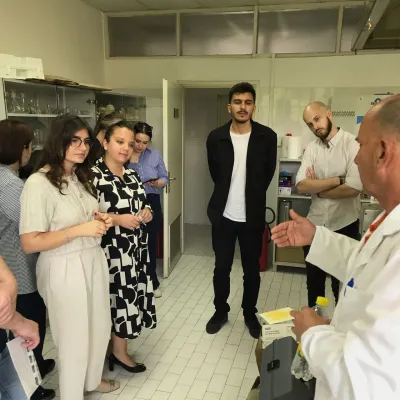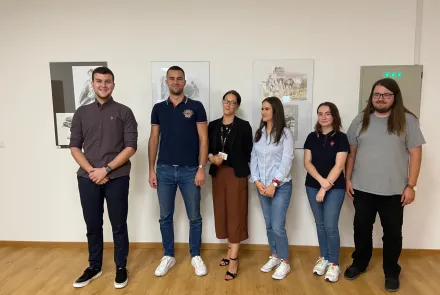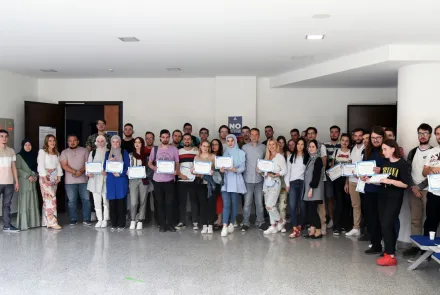IUS Partner in NATO's Ai4CUAV Project: Advancing Defense Against Killer Drones
In a world where the skies are increasingly populated by unmanned aerial vehicles (UAVs), the threat posed by rogue drones looms larger than ever. To tackle this pressing issue, a pioneering project titled "Ai4CUAV – Innovative AI-framework to enable the detection, classification, and tracking of killer-drones" has emerged, funded under NATO's Science for Peace and Security (SPS) Programme. This groundbreaking initiative, marking the first NATO project for the International University of Sarajevo (IUS), that will last for 30 months, brings together a diverse consortium of academic institutions and law enforcement agencies from NATO and partner countries.
Led by the CNIT Radar and Surveillance Systems National Laboratory (CNIT-RASS) as the NATO Country Project Director, alongside the International University of Sarajevo (IUS) as the Partner Country Project Director, the Ai4CUAV project boasts a formidable team comprising Mother Teresa University (North Macedonia), the General Police Inspectorate of the Ministry of Internal Affairs of the Republic of Moldova, Università degli Studi Link (Italy), and Kharkiv National University of Internal Affairs (KhNUIA) from Ukraine.
The primary objective of the Ai4CUAV project is to develop a sophisticated Threat Evaluation Subsystem aimed at bolstering anti-drone defenses. Leveraging state-of-the-art AI algorithms, meticulously crafted to analyze radar signals and Electro-Optical/Infrared (EO/IR) images, the project seeks to expedite and enhance the detection, classification, and tracking of hostile UAVs. By discerning unique flight patterns, the system will distinguish drones from other airborne entities, thereby fortifying defenses against aerial threats.
At its inception, the core team at IUS comprises Dr. Tarik Namas, Electrical and Electronics Engineering Program Coordinator, Dr. Ozge Buyukdagli, Software Engineering and Artificial Intelligence and Data Engineering Program Coordinator, and Anes Hadziomerović, MSc. Adjunct Instructor from Electrical and Electronics Engineering program. As the project progresses, it is poised to expand further, welcoming additional professors from the fields of Computer Sciences and Engineering, Software Engineering, Artificial Intelligence, and Data Engineering programs. This expansion promises to enrich the project's interdisciplinary approach and propel it towards even greater innovation and efficacy.



















